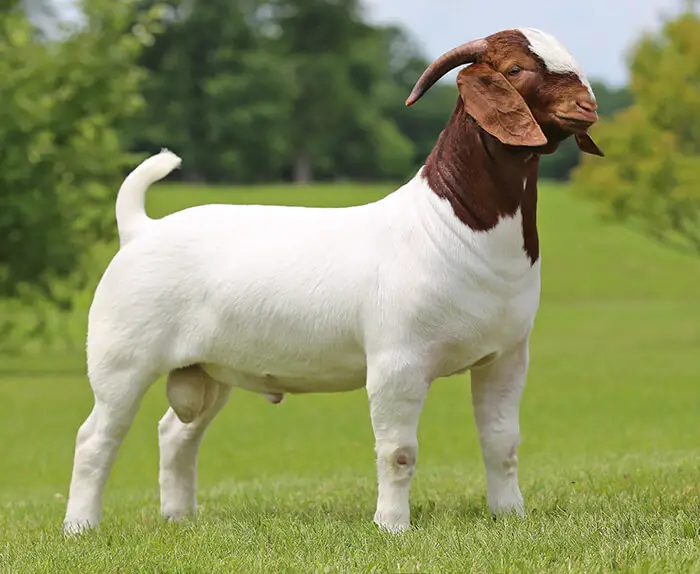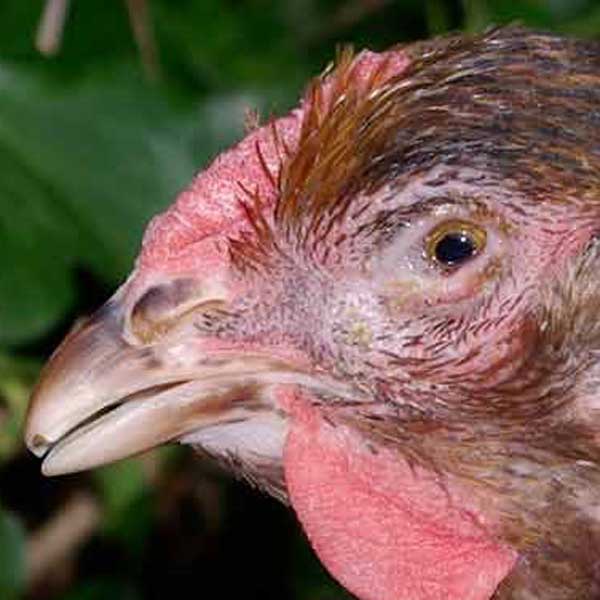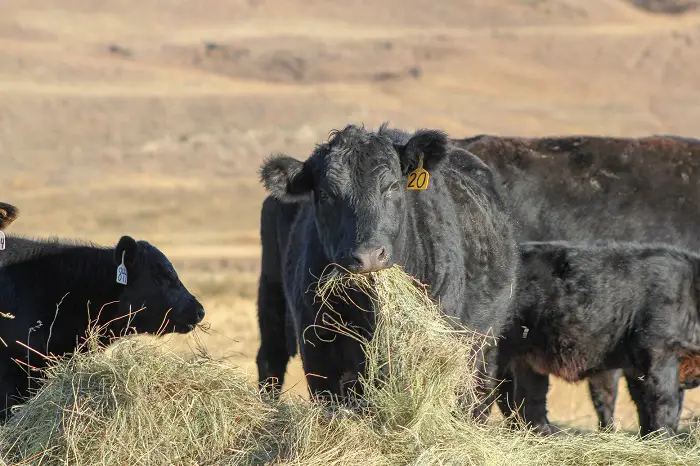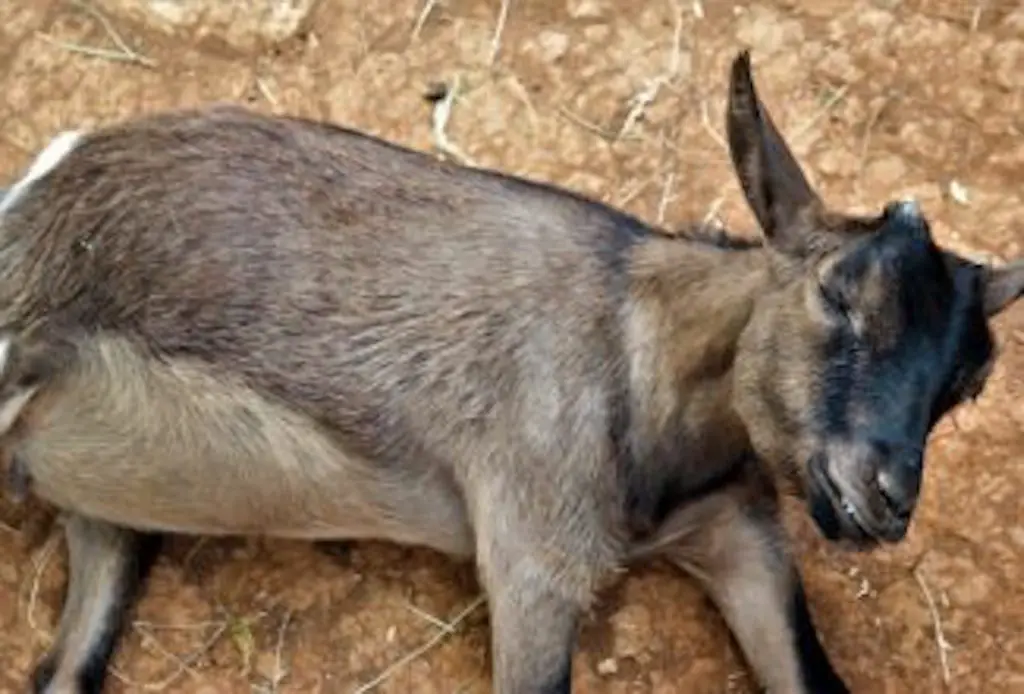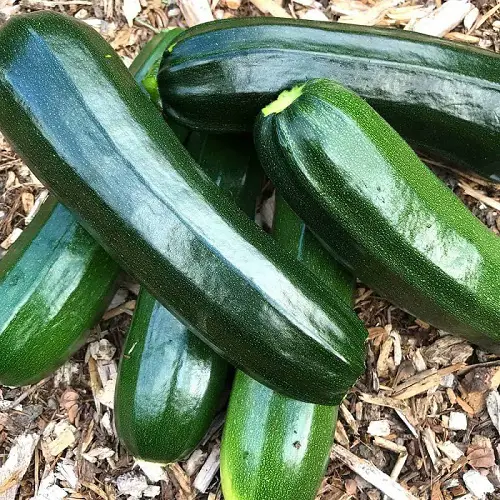Knowing the lifespan of your Boer goats can help you plan for the future. Below we discuss the lifespan of a Boer goat and other factors that may decrease or increase its lifespan.
Contents
What Is A Boer Goat?
A Boer goat is a breed of goats that originated in South Africa. They are big in size and they have long floppy ears. Boer goats produce high quality meat, milk and fiber. They are also very easy to care for and some farmers would consider them as low maintenance goats. Boer goats can adapt or live in all climatic conditions which is why this breed of goats is found all over the world.
Boer Goats Lifespan
The lifespan of Boer goats is dependent on many factors however, their average lifespan is 8 to 12 years and the maximum number of years they are expected to live is 20 years, if they are being taken care of properly. The lifespan of bucks and does amongst Boer goats also tends to differ with bucks expected to live longer than their female counterparts. So if you are going to be purchasing Boer goats you need to know that the does tend to die more quickly than the bucks.
Factors That Influence Lifespan Of Boer Goats
As previously mentioned in this article, the lifespan of Boer goats is dependent on many factors. Below we look at the various factors that can either increase or decrease the lifespan of your goats.
Diet
One of the major factors that can either increase or decrease the lifespan of your Boer goats is the diet. Boer goats are ruminants which means that their stomachs are designed to digest plant matter only. With that being said, you need to ensure that your goats have constant access to forage and clean drinking water. Avoid giving your Boer goats genetically modified foods as these tend to decrease their lifespan.
Breeding Stock
Your breeding stock plays a crucial role in determining the lifespan of Boer goats. If you get poor breeding stock, there is a huge chance that they will die earlier. So when choosing breeding stock, always ensure that you buy your breeding stock from a reputable seller. When keeping the Boer goats on your farm, also ensure that they do not mix with other breeds as the off springs might have mixed genes which can lead to a shorter lifespan. So always ensure that you have pure, quality Boer goat breeds on your farm.
Environment
Another factor that can either increase or decrease the lifespan of your Boer goats is their living environment. These animals need a large space so that they can roam around freely and look for their food. However, if you are keeping them in a confined area, they will not have time to exercise which can then reduce their lifespan.
Predators
Another factor that has the possibility of determining the lifespan of your goats is the availability of predators on your farm. If your farm is located in an area where predators are rampant then there is a huge chance that your goats will not have a long lifespan since they are most likely to get killed if you do not have any fences or structures to protect them with.
Advantages Of Keeping Boer Goats
Disease Resistant
One of the reasons why many farmers prefer Boer goats over other breeds is because they are resistant to many diseases. Research shows that these animals are resistant to parasites and gastrointestinal nematodes. They are also resistant to certain bacterial and fungal infections. So if you are looking for a breed that will save you from regularly visiting the vet, then this is the best breed for you.
High Fertility Rate
Another upside of owning Boers is that they have a high fertility rate. This means that if you have a few goats on your farm they can end up multiplying and you won’t even have to purchase new ones. This is an advantage for farmers who are in the business of selling goats.
High Adaptability
Boer goats have a higher adaptability rate as compared to other types of goats. This is because their genes allow them to live in any climatic condition. This in turn makes these goats very easy to keep and they can easily be transported from one location to another without facing any adverse reactions.
Produce Quality Meat And Milk
Another upside of having Boers is they produce high quality milk and meat. This means that these animals can be kept for multiple purposes unlike other types of goats which are only kept for either meat of milk. Boer goats also grow at a faster rate as compared to other types of goats which means they are able to be sold earlier.
Docile
Boer goats are believed to be docile as compared to other breeds. This is mainly because, they are able to follow instructions. For example, if you put a fence up in order to demarcate their paddocks, there is a slim chance that they will jump over that fence.
What Are Disadvantages Of Boer Goats?
While Boer goats are loved by many because they are resistant to certain diseases and they produce high quality meat and milk, they also have their disadvantages. Below we look at some of them.
Susceptible To Hoof Rot
Although, Boer goats are susceptible to other diseases they are not exactly susceptible to hoof rot especially when they are kept in unsanitary conditions. Therefore, always ensure that the environment you keep your goats in is up to standard in order to avoid this.
How Many Pygmy Goats Per Acre?
8 to 10 pygmy goats should be kept on an acre for only 2 months before they are moved. So if you are going to be keeping pygmy goats you need to ensure that you have enough grazing pastures for them.
Conclusion
Boer goats have a short lifespan of 8 to 12 years however, if you care for them the right way they can last for up to 20 years.
